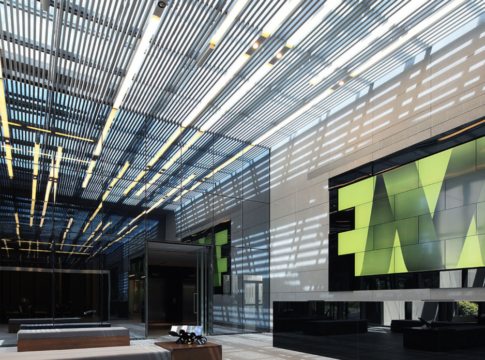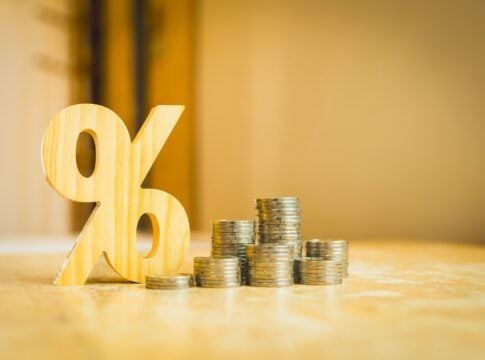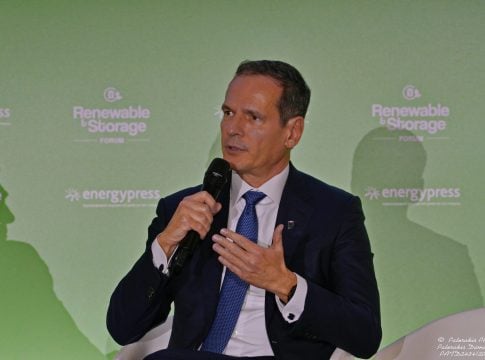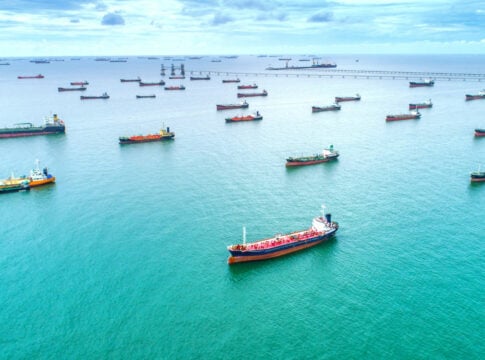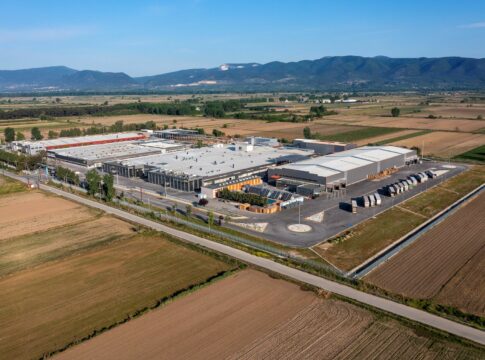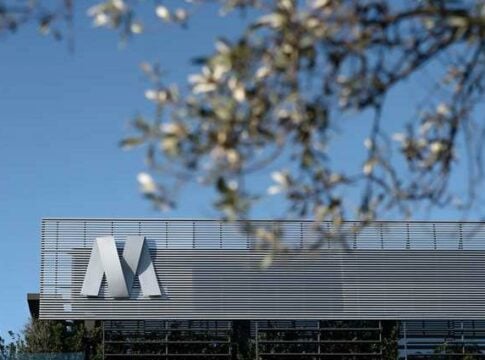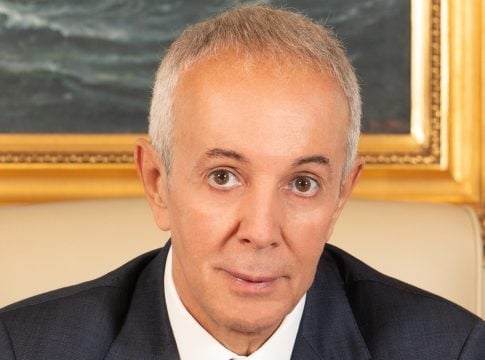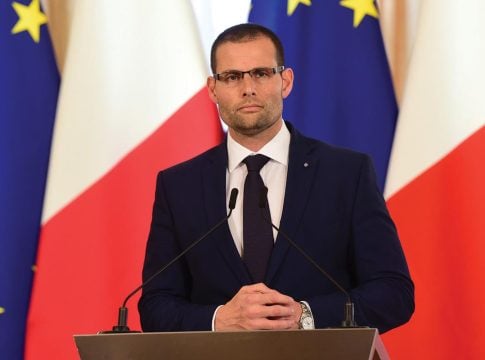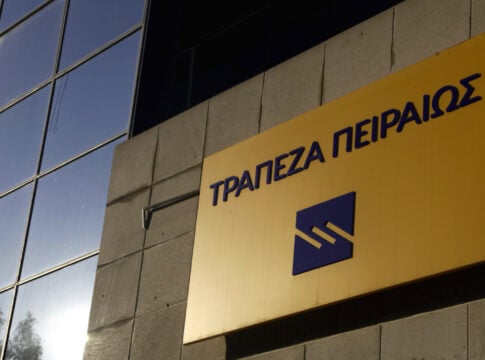The chairman of the Hellenic Federation of Enterprises (SEV), Spyros Theodoropoulos, referred to the challenges faced by Greek entrepreneurship during the General Assembly of the Federation.
In his speech, Theodoropoulos emphasized that entrepreneurship is experiencing unprecedented uncertainty in an environment that is increasingly less predictable.
“Geopolitical upheaval, climate change and other factors such as technological developments in the Far East and India, and the US-China economic cold war, are causing major upheavals in business life. At the same time, investment competition has intensified on the US side, and not only. The urgency is explicitly highlighted in the Leta and Draghi reports. It is a clear message that we agree with: Europe must change and it must change now.”
Theodoropoulos said that in this difficult environment, Greece has recently achieved significant progress. For example, he referred to the achievement of primary surpluses, the reduction of unemployment, the securing of resources for the economy through the Recovery Fund and the NSRF, the recovery of the investment grade, the improvement of Greece’s image internationally, the repositioning of Greece on the world map as an investment destination and the increase of Foreign Direct Investments.
Referring to Industry, Theodoropoulos pointed out that the sector contributes significantly, supporting the economy and employment. As he mentioned, the industry represents 13.4% of Greece’s GDP, employs, directly or indirectly, 1.1 million workers, ranks first in the country’s exports of goods and services and records a tripling of R&D spending in recent years.
However, he emphasized that, despite the progress, the room for improvement remains significant and referred to the perennial problems faced by businesses as well as the new ones, such as the high cost of energy and its wide fluctuations, the lack of workers of all specialties and the difficulty of SMEs (small and medium sized enterprises) to secure adequate bank financing. “At the same time, the Greek economy continues to face two critical challenges: improving the current account balance and increasing productivity. We need to produce more internationally competitive products in order to increase exports and substitute imports. A rapid and immediate increase in productive investments is needed, especially those that create higher domestic added value. This type of investment will allow for an increase in productivity.” He added that productivity is the most critical factor in improving workers’ incomes.
Obstacles to entrepreneurship
In more detail, Theodoropoulos noted: “The perennial problems concern spatial planning, the speed of administration of justice, the unfair taxation of middle managers, bureaucracy, the incomplete interconnection of education and the labor market, as well as the lack of infrastructure.
Among the new problems, the higher price of electricity compared to our competitors and its large fluctuations stand out.
High electricity costs reduce competitiveness and fuel inflation, while wide fluctuations hinder predictability and make it difficult for businesses to close deals with their customers, even those lasting a few months.
Businesses must be shielded, not only the energy-intensive ones, but also those of medium voltage.
Measures are needed, immediate and effective, as other European countries have done, since structural interventions need time to bring results.
A new problem, which we did not face before, is the fact that companies cannot find the workers they need.
There are shortages of all specialties, while there are significant difficulties in finding workers with technical skills.
Finally, after the crisis, the problem of SMEs’ insufficient access to bank financing has deteriorated.”




